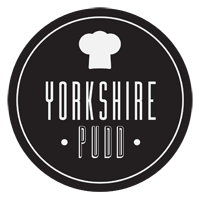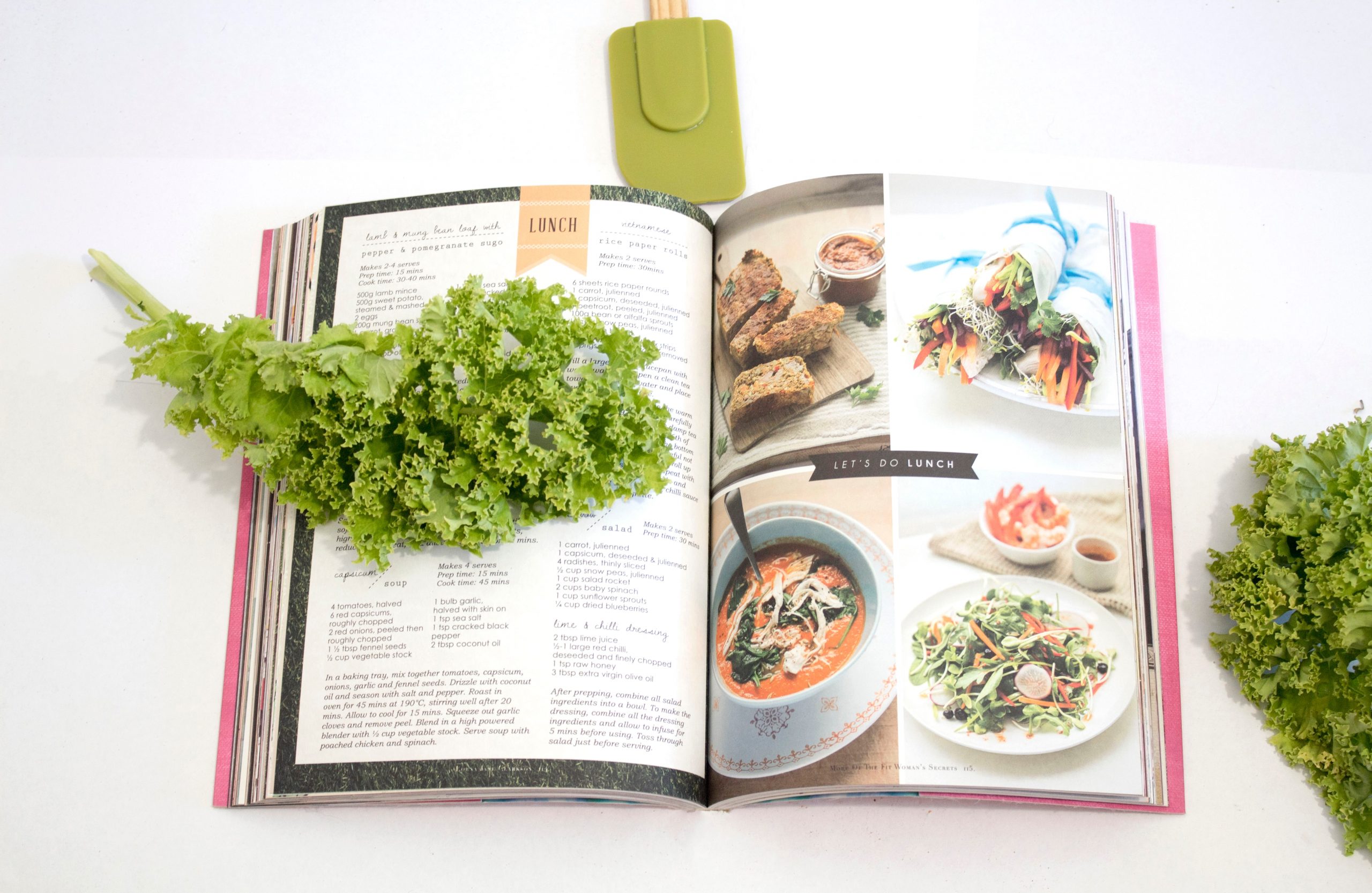Creating and completing objectives is one of the many mental health benefits of cooking. Goal oriented therapy is one of the most effective ways to overcome anxiety, depression, and even addiction.
While battling an addiction or any other form of mental health issue, getting help that suits your needs can be a struggle. Finding a hobby or something that’s aligned to your personal interests that promotes positive mental health is going to be an easy win.
In fact, “holistic therapy” is often implemented into recovery programmes to help patients recover in a way which is active and enjoyable. This is something that’s been implemented by alcohol rehabs in London and across the UK for quite a while.
Holistic therapy activities, such as cooking, yield immeasurable mental health benefits that can be accessed from the comfort of your own home.
If you are a frequent reader of this website, then it’s probably true that you do take a keen interest in cooking, and if you also experience issues with addiction or your wider mental health, then why not use your interest in cooking to your advantage?
So, what are the mental health benefits of cooking?
Goal Oriented Therapy
Creating and completing objectives is one of the many mental health benefits of cooking. Goal oriented therapy is one of the most effective ways to overcome anxiety, depression, and even addiction.
It consists of performing tasks with a source of reward which gives subjects the feeling of accomplishment and the ability to reap the fruits of their own labour.
Goal oriented therapy is also referred to as behavioural activation therapy. It is based on a psychological model of behaviour change. It is understood that anxiety and depression prevents people from performing tasks and encourages social isolation, and behavioural activation serves to reverse this detrimental cycle.
When we take part in more activities such as cooking, we are more likely to find ourselves engaging with positive experiences. Rather than withdrawing from pleasant experiences, the subject will feel an increase in happiness and decrease in stress due to actions leading to accomplishments.
Goal oriented therapy and behavioural therapy are effective in increasing eudaimonic well being, which is heavily associated with purpose, self-actualisation, and self acceptance.
Exercising Creativity & Control
Exploring creativity and establishing control are some of the other mental health benefits of cooking, and the kitchen is also the perfect environment for exercising both.
Subjects who cook are essentially undertaking a creative project where they are in full control of what they produce. Whether they want to abide by a cooking recipe or they want to personalise a particular dish, subjects have guaranteed self autonomy during the process of cooking.
Following a recipe successfully can create an enormous sense of achievement through skill and discipline. Following a recipe, yet altering aspects, can increase happiness through the process of creative personalisation.
In the kitchen, cooking allows subjects to not only undertake a task, but to focus on it. This can provide subjects a sense of control which they may lack in other areas of life (which can exacerbate addiction). By taking back control in creative fashion, subjects can increase their self-esteem and prevent negative thought patterns from influencing their lives.
Practising Patience, Discipline, & Organisational Skills
Cooking isn’t just one task, but a project consisting of a series of tasks. A single dish might require the subject to carve, bake, whisk, marinate, fry, simmer, glaze, and do much more. These tasks must not only be completed by coordinating with the other aspects of the dish.
Additionally, subjects need to not only know when to act, but how to act. Act too soon and you might have an undercooked dish, act incorrectly and the dish might not work out. By exercising the initiative to know when and how to do something, subjects will also improve their patience, discipline, and organisational skills in other areas of life.
A Sensory Rollercoaster
Another mental health benefit of cooking is that it can be extremely stimulating for the senses. The satisfaction found in moving around the kitchen, smelling the ingredients, hearing the timer, and tasting the final product can provide a substantial experience for the subject.
The progress of the subject’s project is visual throughout the entire process, as they are not only witnessing but driving the progress of their dish throughout various stages.
Ultimately, the subject will experience the true reward of tasting what they have single handedly produced. Their sense of accomplishment, exemplified by their tasting of the dish, can create an immense sense of satisfaction.
Healthy Gut, Healthy Mind
Studies also show that while there are plenty of case studies confirming that industrial food production has created unhealthy diets in the household, there is a disparity when it comes to studying the benefits of cooking.
Cooking, rooted in the evolutionary role of human experience, requires skills and knowledge to complete a myriad of tasks. Not only this, it can educate the subject in the field of nutrition, helping them understand which ingredients are beneficial for them and which ingredients aren’t.
One matter which is often neglected is the concept of a healthy gut equals a healthy mind. Many people are too dependent on heavily processed foods which can provide a short term satisfaction which fails to present any long term benefits.
The sedentary lifestyle has contributed towards the decline of people’s health. The lack of movement in modern offices, along with the fast food which provides minimal nutritional benefits creates a recipe for disaster for the general population’s physical and mental wellbeing.
Diets which provide inadequate nutritional value can lead to subjects experiencing impaired decision making, lethargy, fatigue, and even reaction time. These are also symptoms which are commonly associated with drug and alcohol addiction.
Foods that are high in processed sugar not only increase inflammation in the body, but these foods train the brain to crave them. In turn, subjects who consume these foods become more dependent on them.
While there is some room for foods such as bread in a healthy diet, consuming unhealthy foods doesn’t only mean consuming empty calories, it means the replacing and omission of healthy foods.
While the general population understands that healthy foods make us feel better, very few practice ‘you are what you eat’. A healthy diet can result in improved levels of happiness and productivity in your social and occupational life. Combined with an interest in cooking, cooks will excel in their craft due to their proactivity and their attention to detail in recipes.
Reaping the Mental Benefits of Your Labour
As a popular form of holistic therapy, the mental health benefits of cooking are endless. Cooking is an effective outlet for a creative and fulfilling experience.
The objective of completing the dish within time constraints and in synchrony with other areas of cooking can promote organisational and problem-solving skills which are translatable in other areas of life, including overcoming addiction. Nexus Teen Academy provides the best recovery therapy for many problems that teenagers are facing today.
The sheer amount of variables involved with cooking means that subjects revel in the interest without losing enthusiasm. Regardless of your physical and mental well-being, the act of completing a task and being able to taste your achievements is one that provides an immeasurable range of benefits and a sustainable form of therapy.












